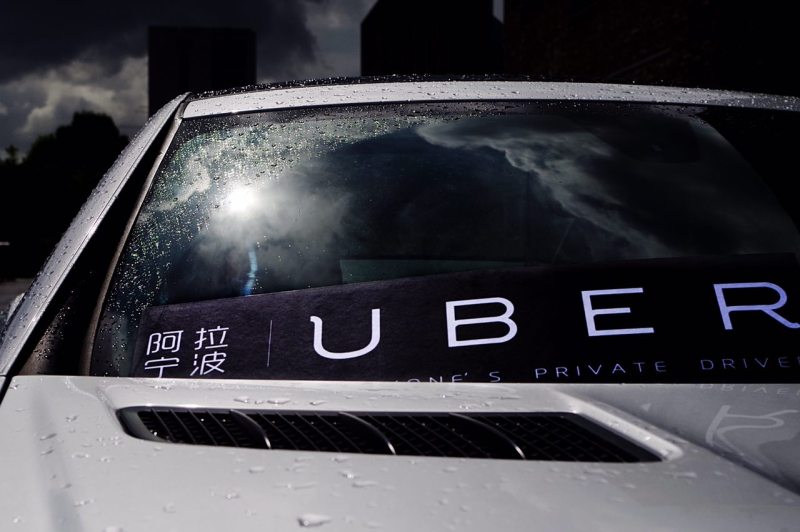On Jan. 10, California Governor Gavin Newsom announced his intention to budget more than $20 million to enforcement of Assembly Bill 5 (AB 5), known informally as the “gig-economy bill.” It most notably targets Bay Area tech giants like Uber and Lyft, requiring them to give their workers’ benefits that those employees would usually receive. AB 5 was signed into law in September and took effect on Jan. 1.
The bill, whose primary author is California Assemblywoman and Stanford alumna Lorena Gonzalez ’93, codifies a landmark ruling by the California Supreme Court that companies must use a three-pronged test to determine if a worker should be considered an employee or independent contractor.
Uber, Lyft and other companies like AirBnB, Etsy, DoorDash and Postmates hire workers as independent contractors rather than employees. Employing people as independent contractors rather than as employees allows companies to avoid paying for health insurance, sick leave, overtime or other benefits that typically amount to about 30% of an employee’s salary.
For the contractors — the Uber drivers, Etsy creators and AirBnb hosts — the benefit of their contractor status is freedoms like the ability to choose ones own hours. Some freelancers have argued that the bill, which is pro-worker in its marketing and intent, could actually drive them out of business.
Lawmakers were originally generous to gig economy companies, with states like North Carolina, Arkansas, Ohio and Indiana passing specific provisions to allow Uber and Lyft to designate all drivers as independent contractors in 2015.
However, since 2015, friction over these distinctions is reflected by the lawsuits brought forth by the employees of these companies, including Uber and FedEx. In March 2019, Uber agreed to a settlement of $20 million to drivers in Massachusetts and California for damages caused in part by the workers’ “independent contractor misclassification.” Now, many of those companies will spend $110 million on a ballot initiative to get them formal exemption from AB 5.
“We will not in good conscience allow free-riding businesses to continue to pass their own business costs on to taxpayers and workers,” Gonzalez said.
Gonzalez argues that the bill is a tool to hold large companies accountable and is not intended to hurt small companies that do contract work.
“If you are a small business, a sole proprietor, an LLC and you actually have multiple clients, you can continue to do that with AB-5,” Gonzalez said. “What you can’t do is have a company say, ‘This individual is a small business, but they’re working for me exclusively. I’m setting their rates. I’m setting their working conditions, and I’m going to tell them when and how they can do it.’”
In the 2020 Governor’s Budget Summary, Newsom outlined his plan to allocate $17.5 million to the Department of Industrial Relations to “address workloads associated with increased utilization of the workers’ compensation program, investigations of labor law violations related to worker status, wage claim filings and workplace health and safety inspections.”
In addition, 3.4 million will go to the Employment Development Department to “train staff and administer the ABC employment test,” and $780K will go to the Department of Justice “to address enforcement actions and to prosecute cases involving misclassification.”
Criticism of AB 5 has continued three months after the bill was signed into law. Critics argue that while the motivation behind AB 5 is good, the bill could hurt freelance workers, including journalists, truck drivers, health aids and janitors.
For example, Vox Media ended contracts with hundreds of freelance writers and editors in December rather than fold them in as employees. AB 5 limits freelance writers to 35 articles per year, after which the publication must hire the writer as an employee.
Uber and Lyft drivers also might lose much of the flexibility they currently enjoy.
“Uber and Lyft have often spoken about the loss of flexibility in the number of hours worked or timing of work in the event that drivers become employees,” said William B. Gould IV, the Charles A. Beardsley Professor of Law Emeritus at Stanford Law School in an interview with Stanford Law School. “Though this doesn’t follow as a matter of law that there will be fixed schedules, it is likely that schedules will be set and the number of drivers reduced.”
Contact Paxton Scott at paxtonsc ‘at’ stanford.edu.
